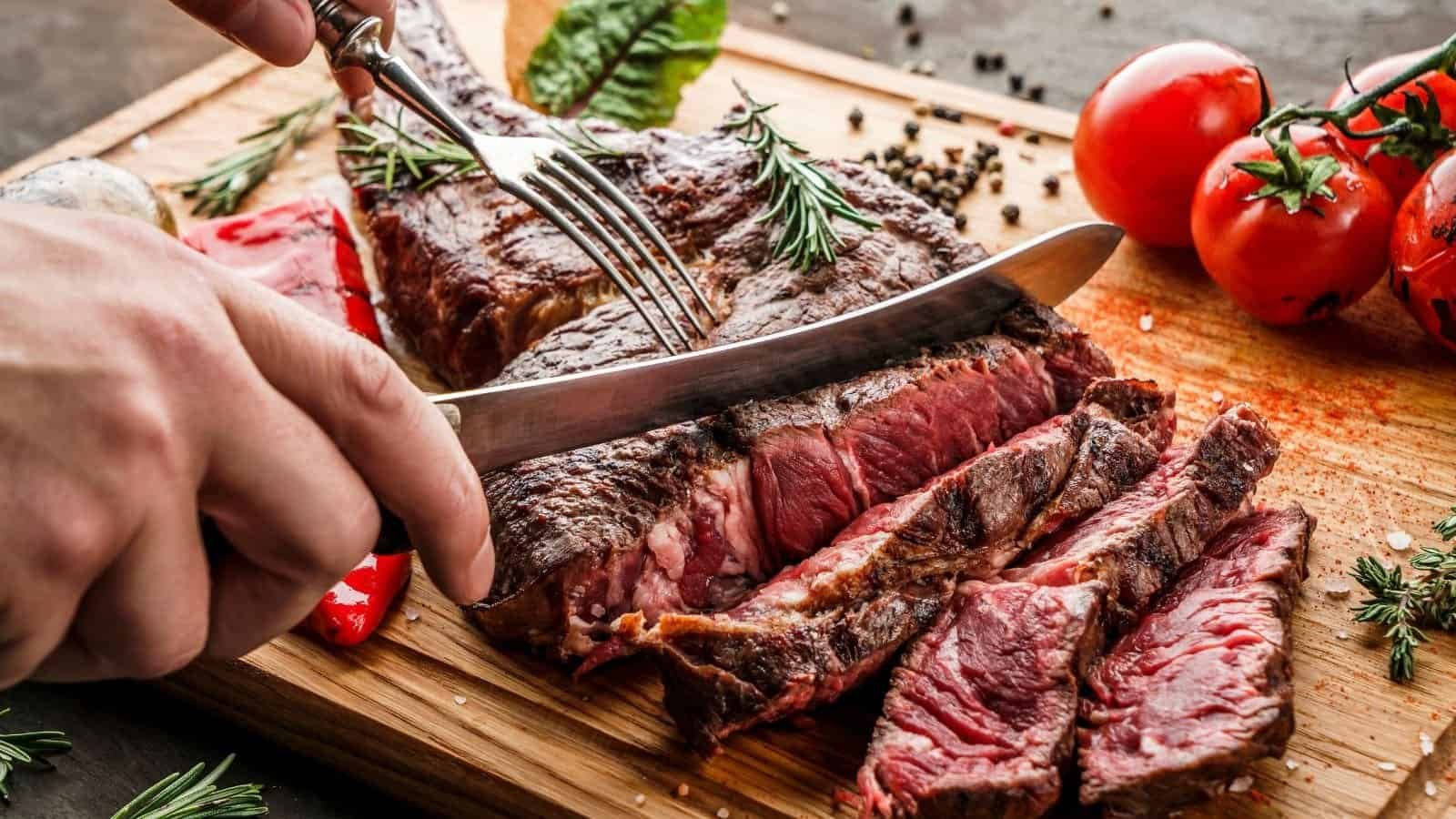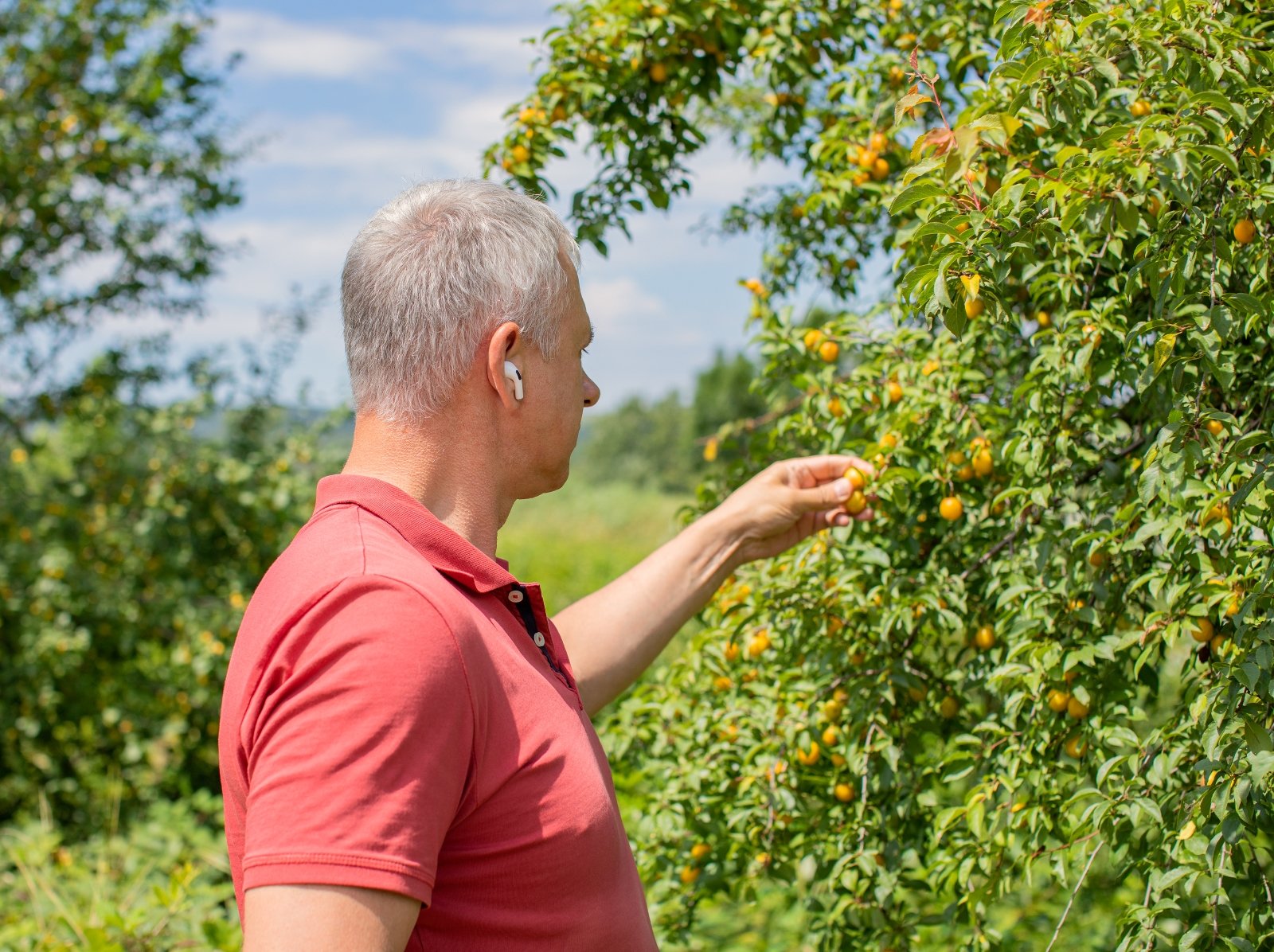The American diet is diverse and influenced by many cultures and traditions. Yet, certain international foods have been banned for health, conservation, or ethical reasons.
This list delves into 20 such foreign foods that you won’t find in the US.
Black Pudding

Black pudding, a blood sausage, is a staple in British and Irish breakfasts. The US bans it due to sanitary concerns related to blood products. Officials worry about the transmission of blood-borne diseases. Despite its popularity overseas, it remains off the menu in America.
Foie Gras

Foie gras, a delicacy made from duck or goose liver, faces bans in several US cities. The process involves force-feeding birds to enlarge their livers. Many argue this practice is cruel and unethical. Animal rights activists have campaigned vigorously against its consumption.
Shark Fin Soup

Shark fin soup is a luxurious dish in Chinese cuisine. The US prohibits the trade of shark fins to protect shark populations. Overfishing for fins threatens shark species with extinction. Conservation efforts aim to curb this unsustainable practice.
Puffer Fish

Pufferfish, or fugu, is a Japanese delicacy that requires careful preparation. The fish contains lethal toxins that can be fatal if not removed correctly. Only licensed chefs in Japan can serve fugu. There is a ban on selling puffer fish in the US except as a dish at licensed restaurants.
Horse Meat

Consuming horse meat is a common practice in many parts of the world. But in the US, horses are seen as pets, not food. Legal restrictions prevent killing horses for meat for meat domestically. It’s also illegal to bring in or sell horse meat.
Mangosteen

Mangosteen is a tropical fruit known for its sweet, tangy flavor. Import restrictions once banned mangosteen due to fears of introducing pests. Though restrictions have been relaxed, stringent regulations make it rare in the US. Importers must treat the fruit before entry to prevent a pest invasion.
Tonka Beans

Tonka beans are well-known for their vanilla flavor and are popular in gourmet dishes. However, the US bans them because they contain coumarin, a chemical that can be toxic in high doses. This substance can be harmful in large amounts. The FDA has strict rules about coumarin in food. So, you won’t find tonka beans in US meals.
Mustard Oil

Mustard oil, common in South Asian cooking, is known for its pungent aroma and taste. The FDA classifies it as unsuitable for human consumption due to erucic acid content. High levels of erucic acid can pose health risks. As such, it’s only sold in the US for external use.
Bird’s Nest Soup

Bird’s nest soup is a Chinese delicacy made from the nests of swiftlets. The nests have solidified saliva and are highly valued. Health concerns over avian diseases and authenticity issues have led to restrictions. The US closely monitors the importation of this exotic ingredient.
Casu Marzu

Casu marzu is a Sardinian cheese that contains live insect larvae. It’s made by allowing flies to lay eggs in Pecorino cheese, fermenting it. Health officials cite concerns over consuming live larvae. The cheese’s unique production method leads to its ban in the US.
Ackee Fruit

Ackee fruit is a main ingredient in Jamaica but is hazardous if improperly prepared. Unripe ackee fruit contains toxins that can cause severe illness. The US allows the importation of only canned ackee, subject to strict regulations. Fresh ackee remains banned due to these health risks.
Beluga Caviar

Beluga caviar, harvested from the beluga sturgeon, has a luxurious taste. Overfishing has driven beluga sturgeons to near extinction, prompting international trade restrictions. The US supports these conservation efforts by restricting the import of beluga caviar. Environmentalists hope this will aid in the species’ recovery.
Absinthe

Absinthe, once banned, is now legal in the US with strict regulations. The ban stemmed from its supposed psychoactive properties, attributed to the compound thujone. Modern absinthe must contain less than ten parts per million of thujone. The mystique of absinthe lives on, albeit within regulatory confines.
Haggis

Haggis, the national dish of Scotland, contains sheep’s heart, liver, and lungs. US regulations prohibit the import of sheep’s lung, a key ingredient. Concerns over animal diseases have maintained this ban. Thus, traditional Scottish haggis are not available in American markets.
Kangaroo Meat

Kangaroo meat is common in Australia but faces legal hurdles in the US. Some states specifically plan to ban the sale and importation of kangaroo products. Conservationists argue that commercial harvesting threatens kangaroo populations. These legal and ethical concerns keep kangaroo meat off American plates.
Kinder Surprise Egg

Kinder Surprise Eggs combine chocolate with a small toy, beloved by children worldwide. The US bans them due to a potential choking hazard posed by the toys. Federal laws prohibit the sale of candy with embedded non-edible objects. The ban seeks to protect children from accidental harm.
Mirabelle Plums

Mirabelle plums are small, sweet fruits native to the Lorraine region of France. Strict geographical indications protect the cultivation and sale of Mirabelles. The US does not recognize these protections, complicating importation. As a result, these prized plums are rare finds in American markets.
Sassafras Oil

Sassafras oil, derived from the sassafras tree, was once a key ingredient in root beer. The FDA banned it due to its carcinogenic properties, specifically safrole. Manufacturers now use artificial flavors to replicate the taste. This prevents people from enjoying Sassafras oil’s natural qualities in the US.
Sea Turtle

Sea turtle meat and eggs are delicacies in several cultures around the world. However, all species of sea turtles come under international conservation laws. The US adheres to these laws, banning the consumption and trade of sea turtles. This ban aims to combat the threat of extinction and protect these marine creatures.
Queen Conch

The queen conch is a large marine mollusk found in the warm waters of the Caribbean. Its meat is a staple in the diet of many Caribbean countries. Due to overfishing, the US has imposed strict regulations on its import and trade. These measures aim to ensure the sustainability and protection of the conch population.
